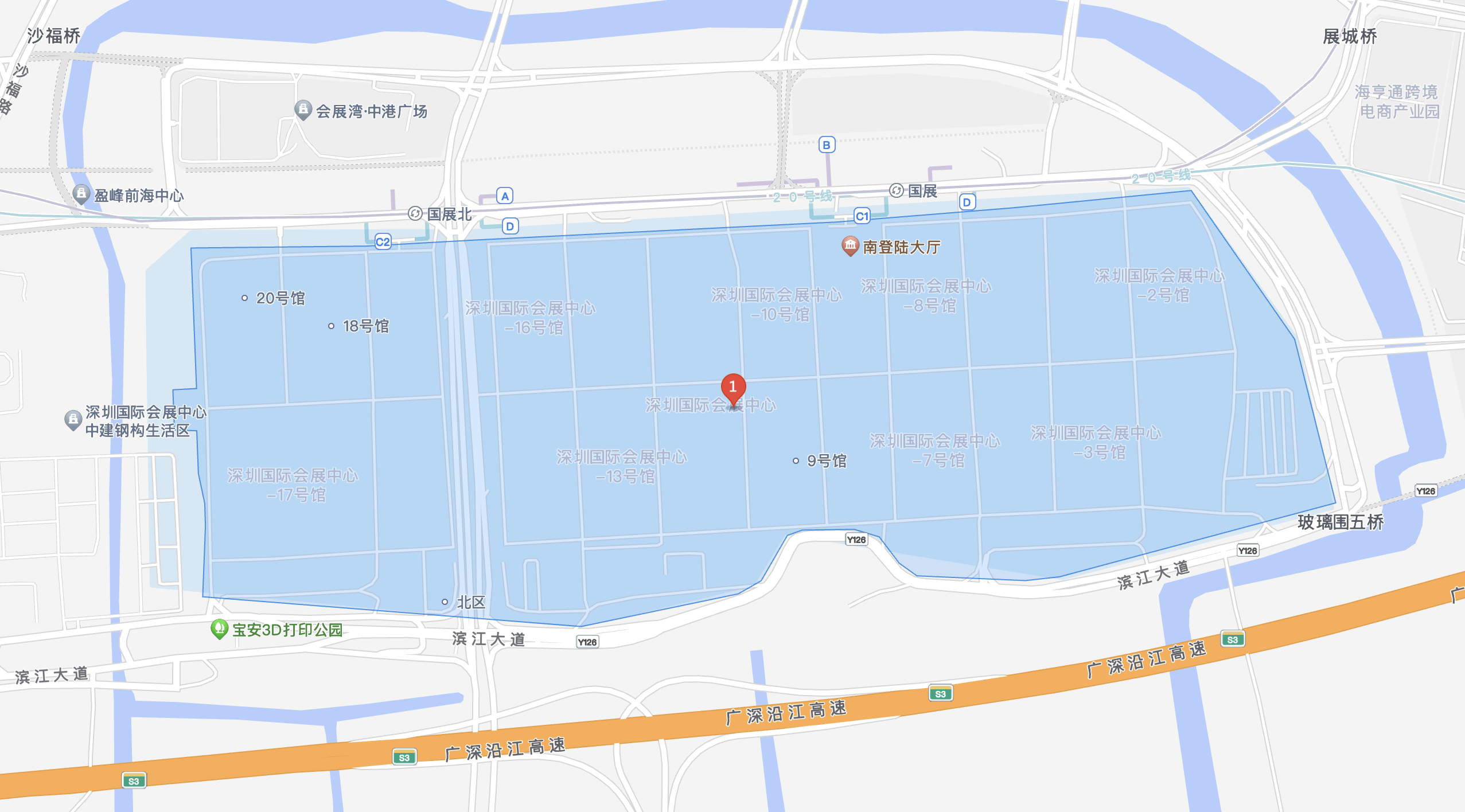In the wine industry, the journey of a bottle of fine wine from the winery to the consumer is often full of unknowns. These precious liquids may travel thousands of miles and spend years or even decades before they finally appear on the shelves of small stores or restaurants. However, during this long journey, their storage conditions and experiences are often unknown, which is a huge challenge for wineries, consumers and the entire wine industry.
Today, this challenge is ushering in an unprecedented solution. dVin Labs, a technology startup and wine club, is using RedBite's technology to improve the transparency and efficiency of the wine supply chain through blockchain and RFID tags.
The complexity of the wine supply chain lies in its highly fragmented nature. Unlike the spirits industry, wine comes from up to 30,000 independent winemakers around the world, and these wines are often sent to small specialty stores, restaurants or shops, where inventory management methods are often primitive and lack digital records. As a result, the supply chain of a bottle of investment-grade, collector-grade or rare wine has almost no digital trace, making it difficult for wineries to understand where, when and how their products are shipped, purchased and consumed.
dVin Labs’ solution is an automated blockchain-based management system that uses RFID data and RedBite’s software platform to track information about each bottle of wine as it is transported, stored, purchased, and consumed. The system includes an immutable ledger open to the public that records each bottle’s digital identity, life story, and surrounding conditions all the way to the consumer.
Through UHF RFID embedded in bottle tags and NFC for consumers to access data with their phones, dVin Labs is able to automatically identify arriving and departing bottles and track their storage conditions. This data is critical to the quality of wine, as changes in temperature and humidity can cause damage to the product. According to industry estimates, one in 10 opened bottles goes bad due to issues related to temperature or humidity in the supply chain. This not only causes inconvenience to consumers, but also results in huge financial losses to points of sale such as restaurants.
dVin Labs’ pilot projects have already begun at two well-known wine storage and logistics providers in Bordeaux and Madrid. These pilot projects are designed to automatically identify arriving and departing bottles and track their storage conditions. As the pilot progresses, dVin Labs plans to expand the system to deployments around the world to further improve transparency and efficiency in the wine supply chain.

In addition to improving transparency, dVin Labs' solution also brings other benefits to the wine industry. First, it provides consumers with more information, allowing them to understand information such as the origin, harvest time and method of the wine they buy. Second, it incentivizes supply chain participants such as warehouses, trucks and containers to update the ledger with small payments to prove the quality of their services. In addition, it also promotes cooperation and information sharing between wine manufacturers, sellers and consumers, helping to build a more transparent and sustainable wine industry.
This paper is from Ulink Media, Shenzhen, China, the organizer of IOTE EXPO (IoT Expo in China)



















